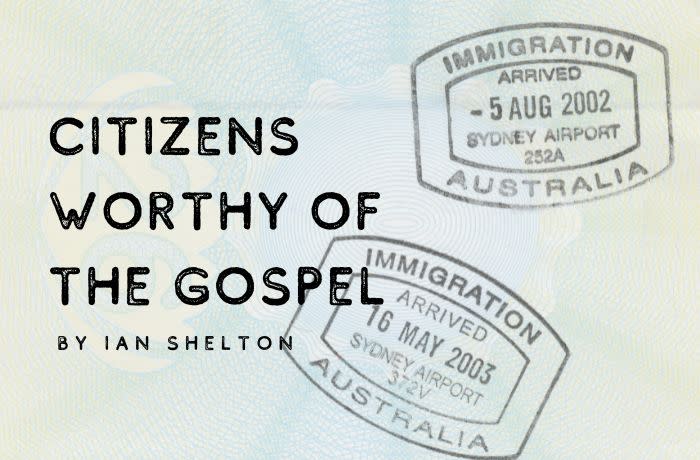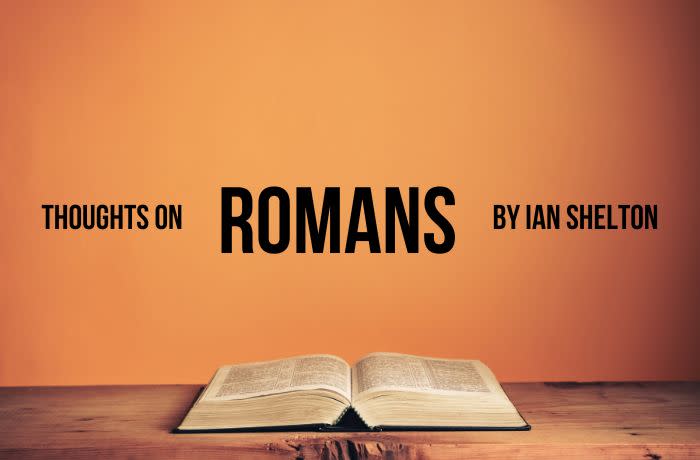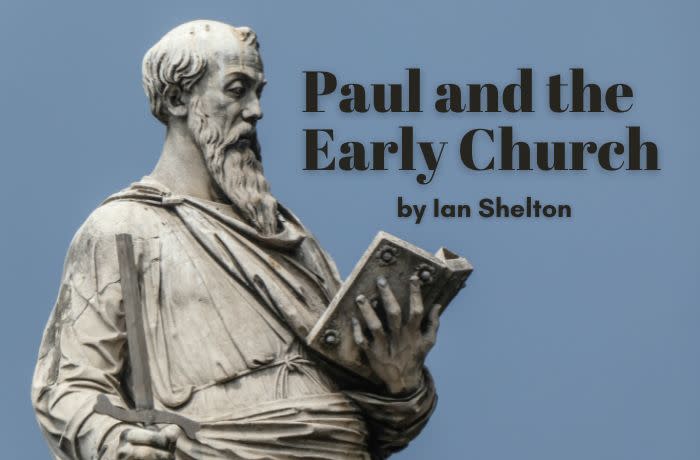Download our vision book
In virtually all the ancient cultures of the world, the power of the gods was channelled through and identified with the elites of society, the kings, priests, and military captains, not the outcasts. To oppose the leaders of society, then, was to oppose the gods. However, Biblical writers introduce God as “a father to the fatherless, a defender of widows” (Ps 68:4-5). This vision is not high-ranking males but “the orphan, the widow, and the stranger” with whom Yahweh takes his stand. His power is exercised in history for their empowerment. So, from ancient times, the God of the Bible stood out from the gods of all other religions as a God on the side of the powerless, and of justice for the poor.
This is what the LORD Almighty says: Administer true justice, show mercy and compassion to one another. Do not oppress the widow or the fatherless, the immigrant or the poor - Zechariah 7:10-11.
To walk with God, we must do justice, out of merciful love. Justice reflects the Character of God, and to reflect the Character of God we must also reflect His justice. We are called do justice in our neighbourhoods, our cities and our nation by ministering in both word and deed, through the local church and as individual agents dispersed throughout the world.
To “do justice” means to live in a way that generates a strong community where human beings can flourish. Specifically, however, to “do justice” means to go to places where the fabric of shalom has broken down, where the weaker members of societies are falling through the fabric, and to repair it. This happens when we concentrate on and meet the needs of the poor.
How can we do that? The only way to reweave and strengthen the fabric is by weaving yourself into it. Human beings are like those threads thrown together onto a table. If we keep our money, time, and power to ourselves, for ourselves, instead of sending them out into our neighbours’ lives, then we may be literally on top of one another, but we are not interwoven socially, relationally, financially, and emotionally. Reweaving shalom means to sacrificially thread, lace, and press your time, goods, power, and resources into the lives and needs of others.
“For I was hungry and you gave me food, I was thirsty and you gave me drink, I was a stranger and you welcomed me, I was naked and you clothed me, I was sick and you visited me, I was in prison and you came to me… “Truly, I say to you, as you did it to one of the least of these my brothers, you did it to me” Matthew 25:35-40
The God of the Bible says, as it were, “I am the poor on your step. Your attitude toward them reveals what your true attitude is toward me.” A life poured out in doing justice for the poor is the inevitable sign on any real, true gospel faith.
Timothy Keller Redeemer, New York



